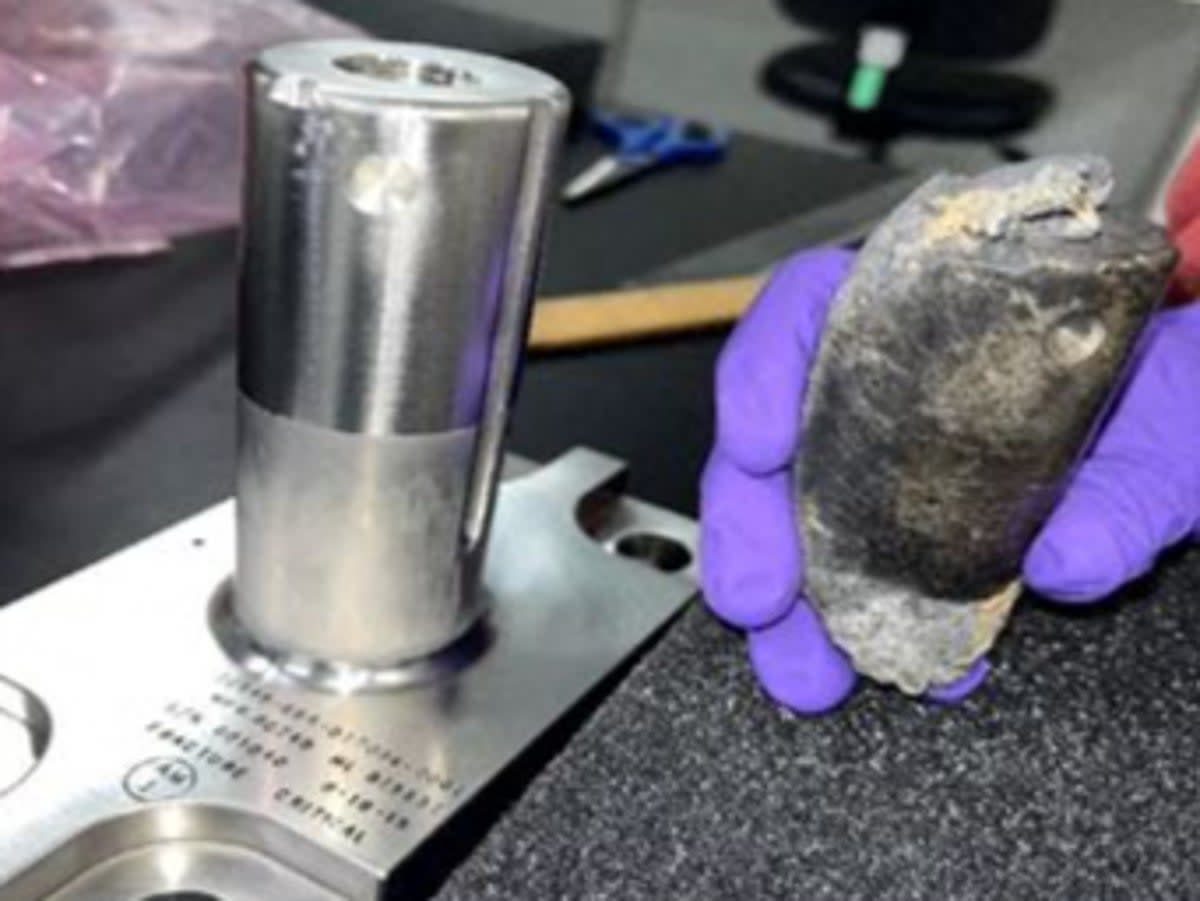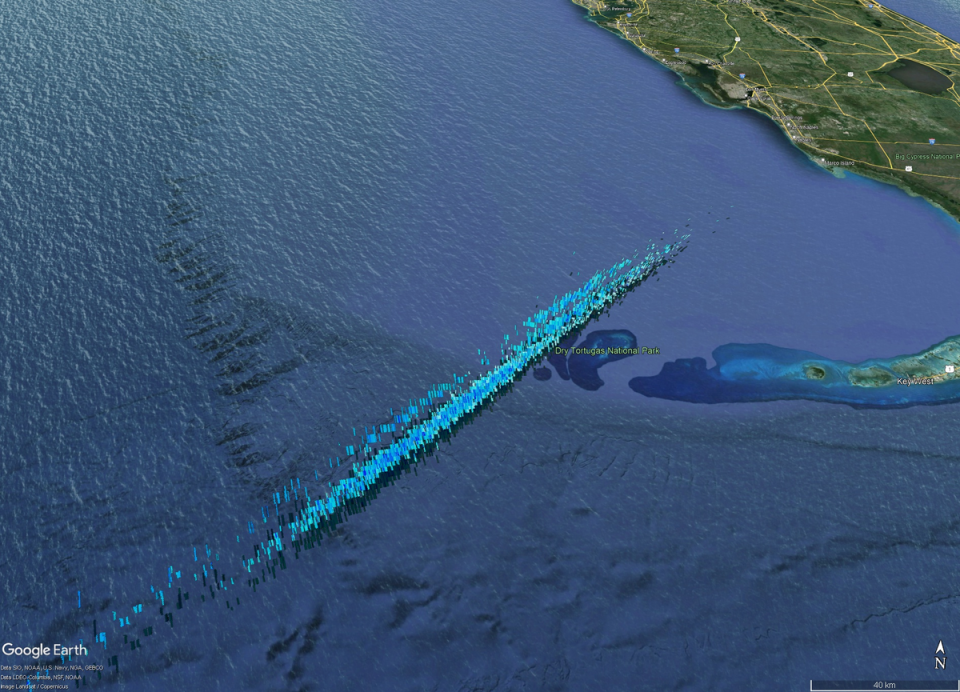NASA sued by family whose house was struck by space junk

A Florida family is suing NASA after their house was damaged by debris that fell from the International Space Station.
In March, a mystery object weighing about 700g (1.6lbs) crashed into a home in Naples, Florida.
The object ripped through the house’s ceiling and tore up its flooring while the home owner Alejandro Otero’s son was living there.
NASA later confirmed that the strange object was from a metal support to a pallet packed with over two tons of batteries, released from the ISS in 2021.
The space agency planned to release batteries from the ISS after installing new lithium-ion batteries as part of an upgrade.
However, instead of fully burning up on entering the atmosphere, part of the old installation had remained intact, the space agency said.
Now the American family claiming $80,000 from NASA for the damages caused.
“The damages for the Otero family members include non-insured Property Damage loss, Business Interruption damages, Emotional/Mental anguish damages, and the costs for assistance from third parties required in the process,” according to law firm Cranfill Sumner which said NASA has six months to respond to the claim.
The problems posed by space junk to people on Earth have increased in recent years with the increase in space traffic.
Scientists have previously warned that as the density of space debris in low Earth orbit increases, it could cause a cascade of catastrophic collisions that could cause damage both in orbit and on the planet’s surface.

“My clients are seeking adequate compensation to account for the stress and impact that this event had on their lives. They are grateful that no one sustained physical injuries from this incident, but a ‘near miss’ situation such as this could have been catastrophic,” lawyer Mica Nguyen Worthy said.
“If the debris had hit a few feet in another direction, there could have been serious injury or a fatality,” she said.
The law firm hopes the case will set a precedent for the future of space debris claims in both the public and private sectors.
“If NASA were to take the position that the Oteros’ claims should be paid in full, it would send a strong signal to both other governments and private industries that such victims should be compensated regardless of fault,” Ms Worthy said.


